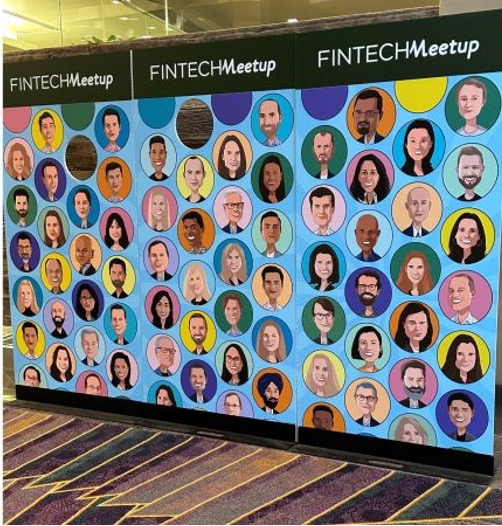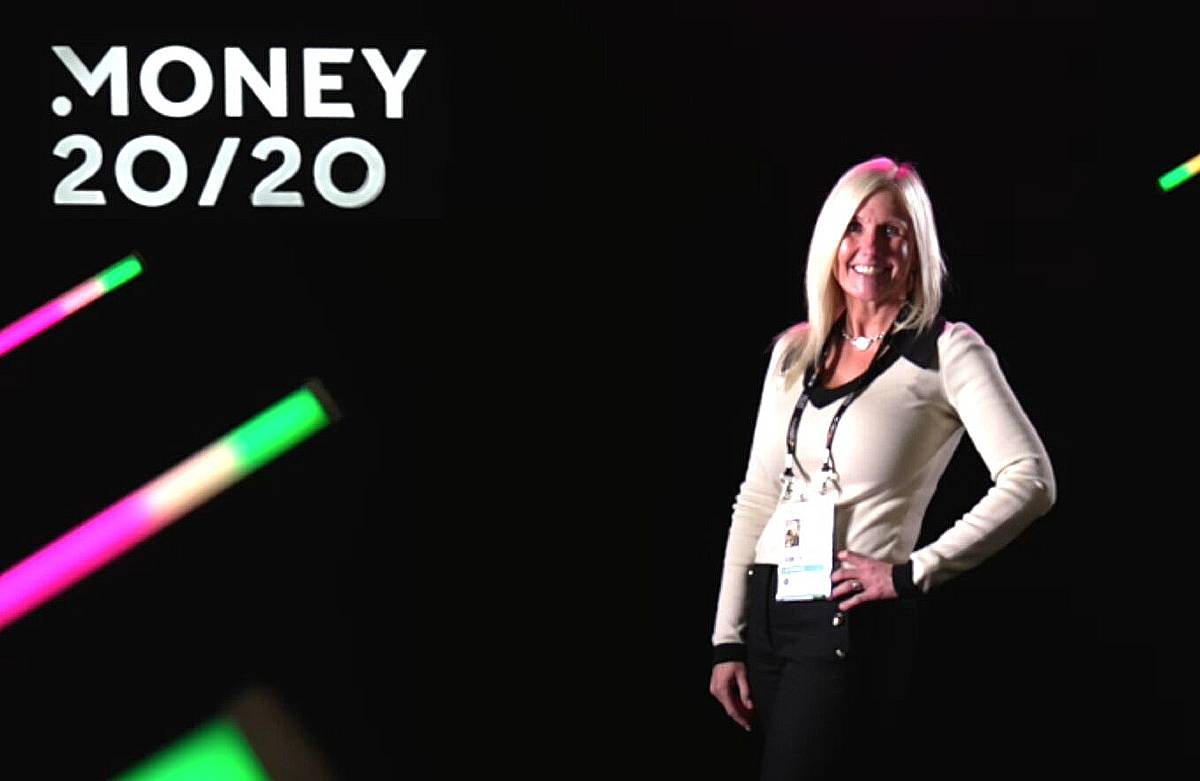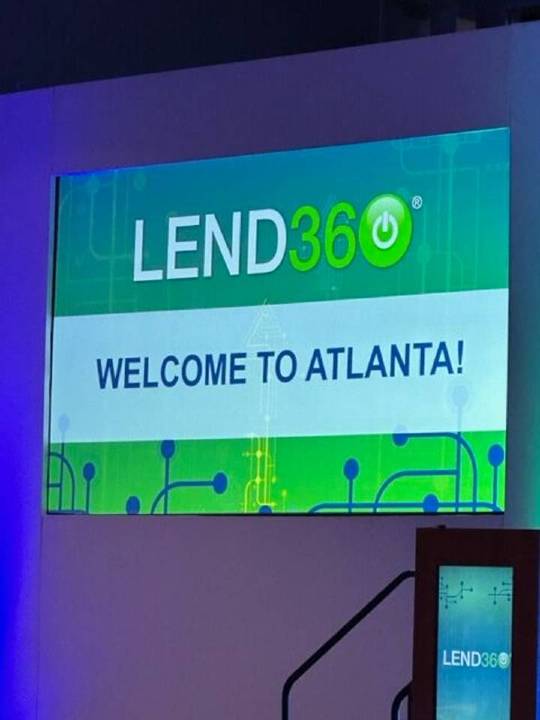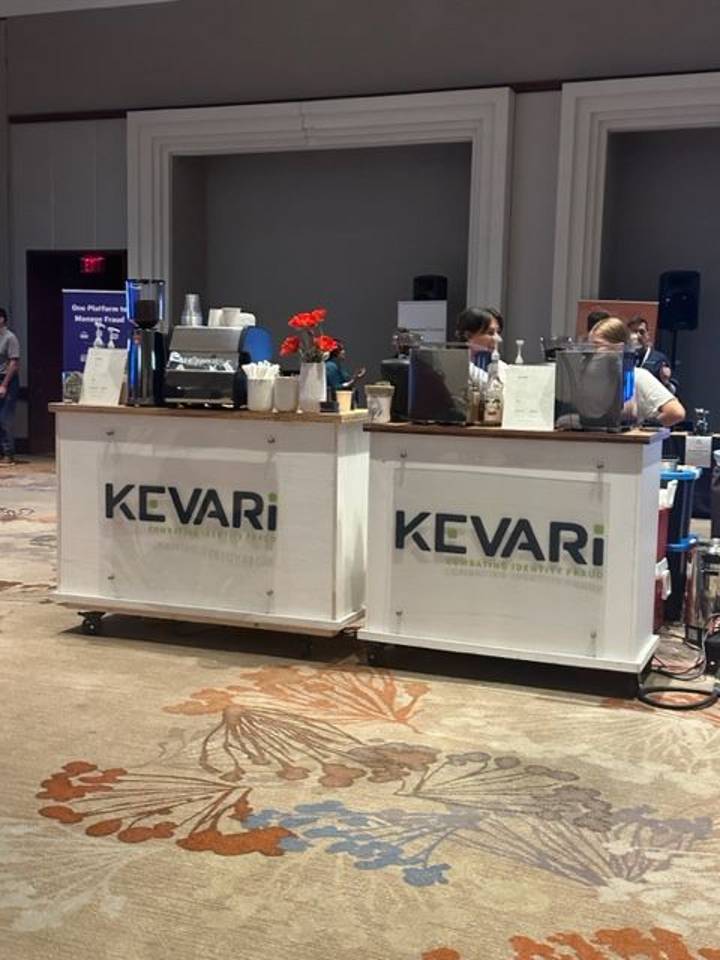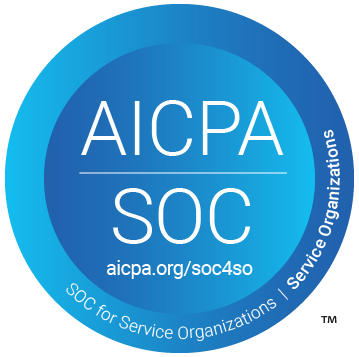Fintech Meetup 2023 included 30,000 (you read that right) meetings, all set up and coordinated seamlessly and effortlessly by what the organizers call their “magical” technology. The implementation was a joy to behold, with throngs of people having 15-minute discussions then moving to their next meeting, all set up around a thousand tables in two giant rooms at the Aria hotel in Las Vegas.
The more than 20 discussions I had continued to reinforce a trend I’ve been seeing for years: that partnerships are more important than ever when it comes to fighting identity fraud. It’s no longer sufficient for solution providers to offer their market a single, one-size-fits-all approach to preventing account takeover and new-account fraud. Financial services companies need, and benefit from, a waterfall approach that includes multiple fraud systems and controls. We, as solution providers, may have to join forces to jointly create more options for our clients.
It wasn’t all meetings, though. More than a third of the attendees at Fintech Meetup represented fintech start-ups, and the March 10 Silicon Valley Bank failure loomed large over the event. But at least one speaker – Jason Gardner, founder and executive chairman of Marqeta – provided well-received encouraging words for the CEOs of start-up companies, just when they needed to hear it.
A handful of industry professionals spoke on a panel covering “Frictionless Fraud Protection: Balancing Risk and Convenience” that was extremely germane to the banks and other financial institutions we at Kevari work with every day. They turned conventional wisdom on its ear by saying that some friction can in fact be beneficial in reducing account takeover fraud. They argued that customers appreciate it when they realize that their financial institution is diligent about making sure whoever is accessing an account is who they say they are. Account takeover came up several times in our meetings. At a time when 60 percent of fraud loss can be attributed to account takeover, it’s on a lot of people’s minds.
And finally, as you might expect, ChatGPT was a hot topic, as well. While I know fintech fraud-protection companies are incorporating the new technology into their own to detect fraud, what I hadn’t considered is that it’s also becoming a valuable tool for fraudsters. Just think: Now anyone can produce a script, text or letter that is nearly imperceptible to the style and tone of legitimate communication coming from a bank. Scary stuff.
Fintech Meetup strives to be the future of fintech events, and I have to say that the format is very different from the other events I attend. I learned so much at this year’s meetup, and met so many new people, that I have already marked my calendar for Fintech Meetup 2024.
